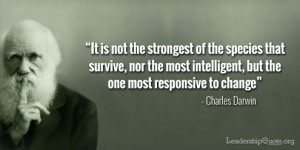Gestalt Psychology
It has been an interesting journey in class lately discussing this theory. Gestalt psychology is formed primarily around the idea that perception is truth. In line with the truth of the gospel, I would say that my views do not, in many ways, align with this theory. A basic truth I am coming to realize is that I am, obviously, not perfectly reliable and I cannot even fully trust myself. Sometimes the we see things are not the way they really are. One of my favorite quotes, by Ananis Nin, says: “We do not see things the way they are; we see things the way we are.” Our perception of truth and our surroundings is altered by our subjective thoughts and emotions. We cannot be fully trusted and Proverbs 20:5 warns of this: “The purposes of a person’s heart are deep waters, but one who has insight draws them out.” As we see also with Plato’s Allegory of the Cave, shadows both metaphorically and literally cloud our judgment. However, as we saw in lecture, our brains do perceive things from a holistic perspective and I am absolutely amazed by our ability to constantly draw parallels to create clean lines. This practice helps us make sense of what we are seeing. The problem with this characteristic of our brains is that this could potentially morph what is actually true. I am continuously fascinated by the fact we can easily and quickly craft ingenious solutions to problems, without even consciously realizing it. Humans truly are incredibly made and Gestalt psychology recognizes that. To the credit of Gestalt psychologists, I will say that one thing I deeply admire is the desire to organize messy and overwhelming stimuli into patterns that are logical. Though life does not always work according to this principle, it is nice to know that we are capable of critical thinking at this level.


